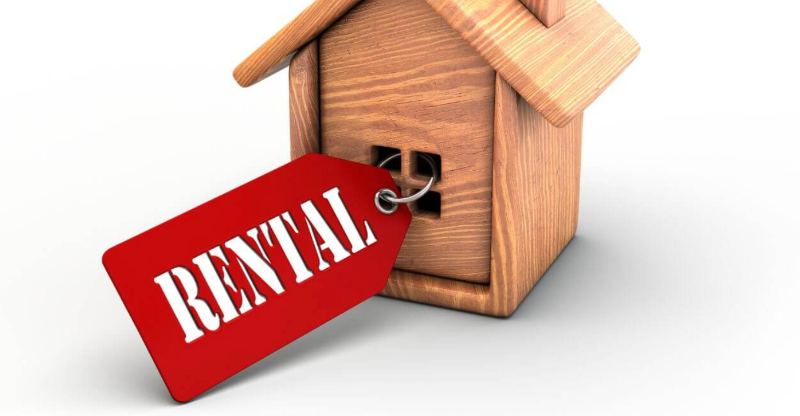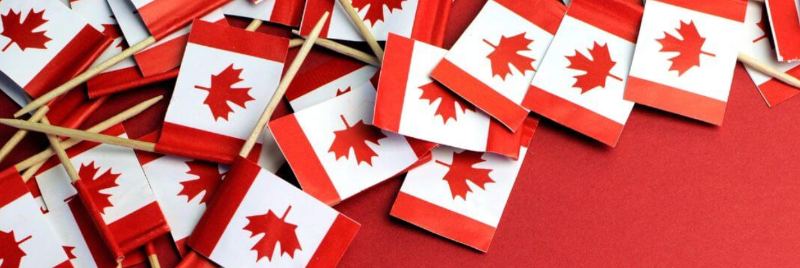Get free consultation
Fill out the form and we will contact you
When choosing Canada as a place to settle, many people are particularly interested in life in the provinces, the welfare system, and the living expenses for newcomers. Although Canada has its own unique features, the standard of living for both locals and immigrants is not significantly different, similar to Vietnam or other countries..
So, what are the types of living expenses in Canada, and how much do they cost? Let’s take a look at the following article from Second Citizenship to learn more details!!
Housing costs in Canada depend on the region, with prices generally higher in urban areas compared to suburban areas. For families and workers renting a three-bedroom apartment, the prices typically range from 1,200 CAD to 1,500 CAD per month.
Housing costs in Canada depend on the region where you live
Meanwhile, international students have various options. They can rent an apartment, stay in a dormitory, or opt for homestay. The cost of dormitory rental currently ranges from 250 CAD to 650 CAD per month, while homestay prices range from 50 CAD to 130 CAD per month.
Many international students and newcomers prefer the homestay option, not only because it is more affordable but also for the opportunity to experience daily life, work, and the local cuisine.
Transportation costs are a significant part of the living expenses in Canada. Canadians primarily use buses, taxis, and subways. For newcomers and international students, buses and subways are popular choices.
The cost of bus and subway tickets is typically around 156 CAD per month. If you live within 1 to 3 kilometers of your workplace or school, walking can help you save a considerable amount on transportation.
If you live with your family and have the financial means, owning a car can be a good option. The cost of a car typically ranges from 7,000 CAD to 10,000 CAD. Car insurance can range from 250 CAD to 600 CAD per month, depending on the type of driver's license (G1 or G2), residential area, and driving history. Gas prices are about 1.25 CAD per liter, and maintenance and oil change costs can add up to about 400 CAD per month.
Transportation costs are relatively high
Food costs make up the largest portion of the living expenses in Canada. Depending on your circumstances and preferences, you can choose to cook for yourself, eat out, or dine in a cafeteria.
If you choose to cook for yourself, the monthly cost will be around 250 CAD to 300 CAD. This cost includes a balanced diet with meat, vegetables, fish, and other basic foods. Here are the current prices of some common food items in Canada:
Milk (1 liter): 2.30 CAD
Bread (500g): 2.80 CAD
Eggs (12 pieces): 2.99 CAD
Rice (1kg): 2.94 CAD
Water (1.5 liters): 2.22 CAD
Potatoes (1kg large pack): 2.23 CAD
Phone costs in Canada are mainly related to phone plans. According to WhatPhonePlans, a "Phone Plan" is a contract agreement between a telecommunications service provider and the customer.
This plan allows users to buy a mobile device along with a SIM plan without paying the full price of the device upfront. Instead, the cost of the device is paid in monthly installments, typically over 12 to 36 months.
The cost for phone services is typically around 65 CAD per month, including devices like iPhone 12 or Samsung S20 and higher. Depending on whether the plan includes mobile data, the cost can range from 25 CAD to 50 CAD, depending on the provider. Entertainment costs, including shopping, camping, or watching movies, are typically around 200 CAD per month.
Other Costs You Need to Consider
In total, the basic living expenses in Canada are estimated to be around 1,700 CAD per month. This amount is equivalent to about 110 hours of work at the minimum wage of 15.50 CAD per hour. However, this is just the general living cost, and actual expenses may vary depending on the province. To gain a better understanding of the cost of living in specific areas, let's explore further in the next section.
In Canada, workers are required to pay several types of taxes to the government, including:
Personal Income Tax: The personal income tax rate in Canada ranges from 15% to 33%, depending on the region and income level. Specifically:
Residents of Canada: Are subject to income tax on all worldwide income.
Non-residents: Are subject to income tax on income earned from employment, business, and asset sales in Canada.
Temporary Residents: Are subject to tax only on income earned during their period of residence in Canada.
Provincial and Territorial Income Tax: Individuals who live or earn income in a specific province or territory must pay provincial or territorial income tax, except in Quebec, where provincial and territorial taxes are calculated on the federal tax return and collected by the federal government.
Workers Must Pay Certain Basic Taxes
Below are the tax rates for 2023 in some prominent provinces:
Alberta: 15%
British Columbia: 20,5%
Ontario: 13,16%
Manitoba: 17,4%
New Brunswick: 19,5%
Alternative Minimum Tax (AMT): AMT ensures that individuals pay at least a minimum level of tax, even if they have many deductions or tax-exempt benefits. If taxable income exceeds the minimum exemption threshold of 40,000 CAD, the worker must pay a 25% tax on the income exceeding this amount.
Above are detailed insights into the cost of living in Canada. Second Citizenship hopes this article provides useful information on the costs associated with living in Canada. If you need more information or have any questions, don't hesitate to contact us.
Fill out the form and we will contact you




